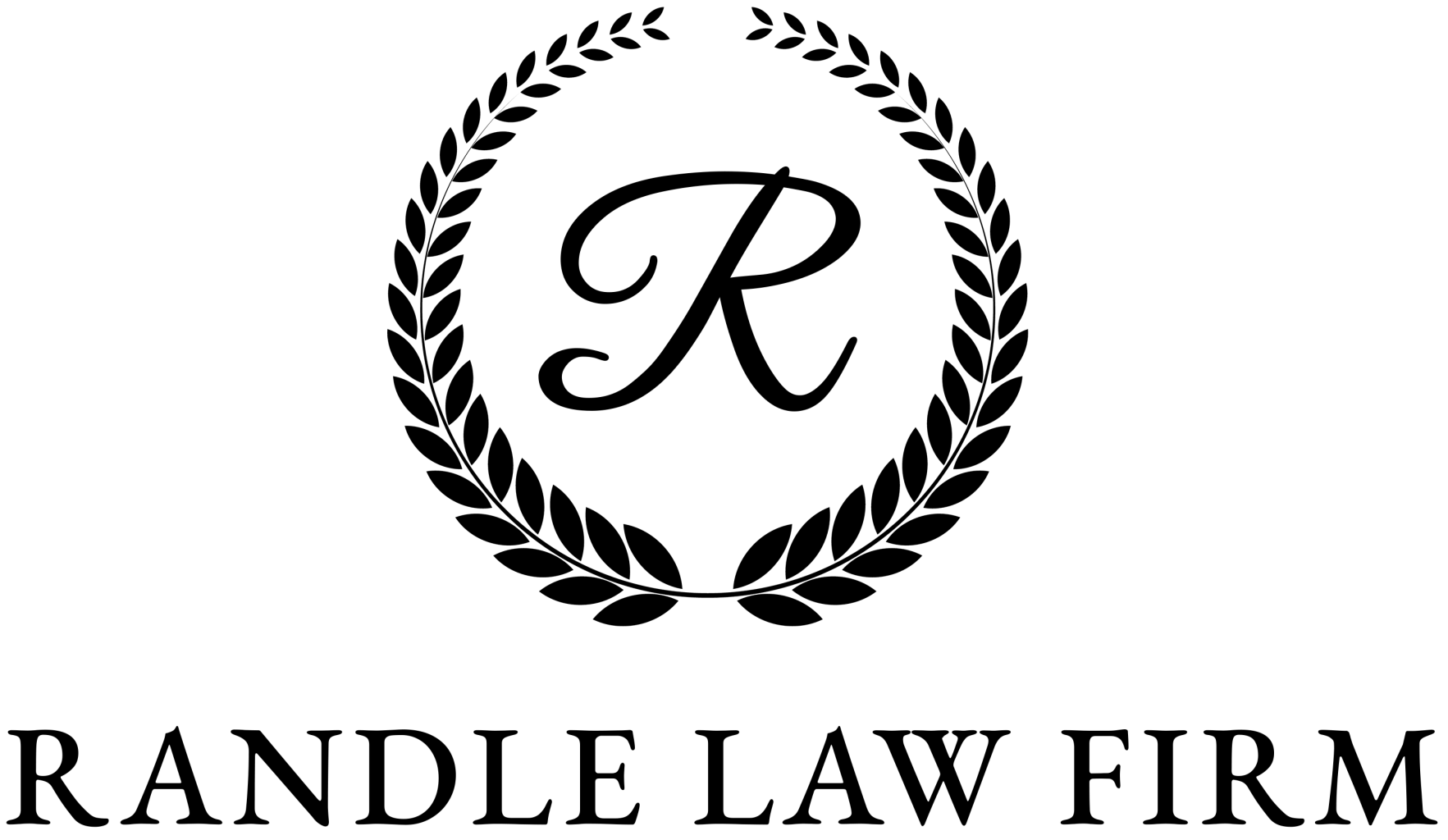Location:
8898 Old Lee Hwy
Suite 106
Ooltewah, TN 37363
Email: april@aprilrandlelaw.com
Phone: 423-521-8000
Fax: 423-521-8001
Will You Lose Your Home In Chapter 7 Bankruptcy In Tennessee?
Will You Lose Your Home In Chapter 7 Bankruptcy In Tennessee?
When the average person thinks about bankruptcy, they often picture a Chapter 7, even if they are not sure of the differences in Chapter 7 and Chapter 13. Chapter 7 bankruptcy is a specific form of bankruptcy that helps individuals discharge, or wipe out, as much debt as possible without entering into an actual repayment program. The goal is to eliminate as much debt as possible and get a true fresh start, while still keeping desired personal property and real estate.
Should you worry about losing your property?
One of the risks involved in Chapter 7 bankruptcy is the potential that the property would need to be sold to pay your creditors. Obviously, most people want to avoid losing property they need to live, work and travel, such as their personal residence, vehicles and other personal property. Although the sale of property is sometimes unavoidable, typically an attorney is able to structure a Chapter 7 bankruptcy that would not involve losing those things you desire to retain.
Chapter 7 bankruptcy and your home
For many people, the biggest concern is whether bankruptcy will impact their home ownership. Some people believe that if you file a Chapter 7, you will lose your home. This simply is NOT true. Some even fear property loss so much, they avoid seeking bankruptcy alternatives that could actually save their property from creditors. A bankruptcy attorney will be able to review the specific circumstances and offer advice about whether bankruptcy is a viable option. There is no obligation to take legal action and most consultations are free of charge. So, what does Chapter 7 bankruptcy mean for your house?
You can claim certain exemptions
without affecting your home
All States and the Federal government offer exemptions for certain property. An exemption is a legal protection afforded for assets deemed necessary for debtors and cannot be touched by a person’s general creditors in order to pay off debt.
Tennessee offers a “homestead exemption” to protect equity in the home where one resides. Equity is the value in your home beyond any mortgages or debts owed against it. Although Tennessee has one of the lowest state homestead exemptions in the country, it is more generous for those with minor children and those over 62.
Exemptions in more detail
As a married couple with minor children, the exemption is $25,000 per person or, $50,000 for a couple. Individuals over 62 can exempt up to $12,500 in a home. A lower exemption of $5,000 is allowed if an individual has no minor children and/or is under the age of 62; a couple’s exemption is $7,500. An attorney will be able to determine the exact exemption that applies and advise whether Tennessee exemptions or some other scheme must be used based on your residency status in the 2-3 years prior to filing bankruptcy.
More about Chapter 13 bankruptcy
If you have substantial equity in your home or other property, it does not mean that bankruptcy is off the table. Chapter 13, which is a payment plan up to five years, can allow you to save your property, pay mortgage arrearage over time and usually lower payments and interest rates on all of your other debt, including payments on your vehicles. There are times when a Chapter 13 actually saves more money than a Chapter 7.
Consulting with an experienced bankruptcy attorney about your options will likely give you a better understanding of the process and will eliminate many fears and concerns about losing your property. Remember, the goal of Ch. 7 is to eliminate debt while keeping property. If possible, an attorney will find a way to use the bankruptcy process to achieve these goals.
Discussing both your income and your assets with an attorney can give you a better idea of whether bankruptcy is the best way to maximize asset protection, minimize your losses while achieving a sound financial future.




I definitely recommend Mrs. Randle for your needs requiring an attorney.
-Tasha L.
MashIt
Extremely kind, straight forward and helpful. Looking forward to working with her and her law firm.
-Rebekah C.
FabuFit
Friendly, confidential, personalized service, and exceptional rates make April's firm an excellent choice for your legal needs 10/10!
-D. W.
YesSuits-

Awesome people to work with! Go above and beyond. Very responsive and very efficient.
- Chris
Button 
April and her staff are wonderful. When we needed some help with our business and understanding the laws in regards to business she was amazing and helped us so much!
-Marcie
Button-

April is too real to be a lawyer.
-Danny
Button 

Slide title
 Button
Button Button
Button Button
Button
Communications Preferences
If you are new to our office, please use our initial contact email link to schedule an appointment or request information.
Active Clients - Feel free to use the Client Portal for secure texting, messaging, appointment requests and document or information upload/review. You may also contact us by email.
In Person Office Visits - By Appointment Only
8898 Old Lee Hwy
Suite 106
Ooltewah, TN 37363
Law Office of April Randle, PLLC. All Rights Reserved.










